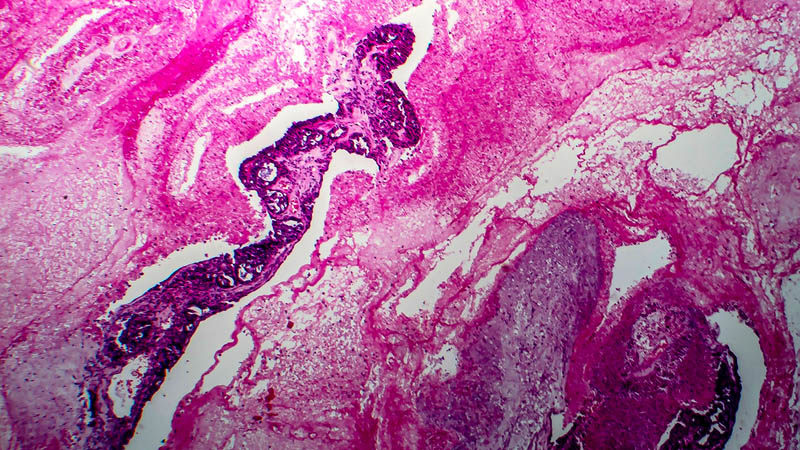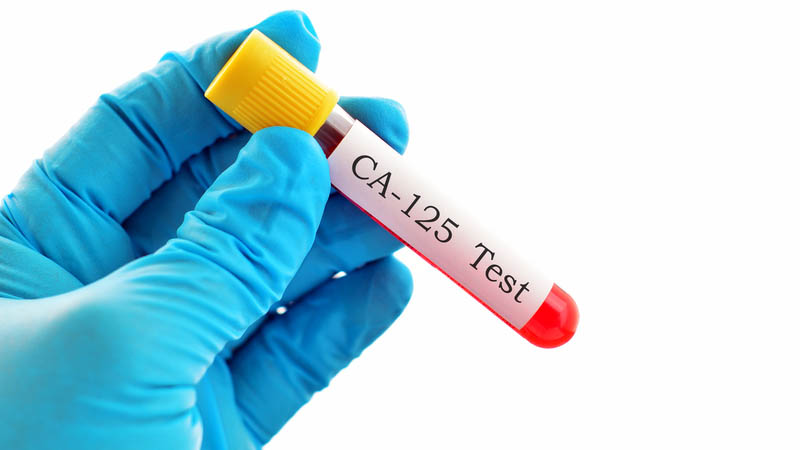Radiochemotherapy in advanced vulvar cancer. Own experience and review of the literature
Ryszard Krynicki1, Bogusław Lindner2, Joanna Jońska-Gmyrek2, Jagna Staniaszek2, Ewelina Bobek-Pstrucha1, Joanna Borowiak1, Magdalena Miedzińska1, Mariusz Bidziński1
 Affiliacja i adres do korespondencji
Affiliacja i adres do korespondencji
Background: In cases of advanced vulvar cancer with non-resectable lesions, permanent cure is extremely rare. In the past, chance for improved outcomes was sought in extensive exenterative procedures, resulting in significant disability and compromising the patients functioning. An alternative therapeutic option of far-advanced vulvar cancer is radiotherapy, either used as a stand-alone modality or as neoadjuvant modality, prior to surgery. At present, chemosensibility of vulvar cancer is relatively well documented. Implementation of synchronous chemotherapy with a 15-20% reduction of total dose of radiotherapy provides a favourable therapeutic index. The aim of this paper is to evaluate tumour response to radiochemotherapy in patients with advanced vulvar cancer, based on own experience to-date. Material and method: Since January 1st, 2005 thru December 31st, 2008, at the Department of Female Genital Tumours of the Centre of Oncology in Warsaw, we have treated 17 patients with planoepithelial vulvar cancer in clinical stages T3 and T4, N0-N2M0, aged 56-81 years (mean: 68 years). The patients were irradiated with photons X (6-15 MeV) over vulvar area, inguinal lymph nodes and pelvis. Total doses delivered to vulvar area ranged from 50 to
65 Gy (depending on extent of tumour infiltration) and to pelvic and inguinal lymph nodes – 45-65 Gy. Chemotherapy consisted of 5-FU at the dose of 750-1000 mg/m2, administered in a 96-hours’ infusion on days 1st-4th and cisplatin at a dose of 50 mg/m2 on day 1st, administered on the 1st and 5th week of radiotherapy. Results: Complete regression of tumour (complete response, CR) was achieved in 7 (41%) patients, partial response (PR) – in 9 (53%) patients, and progression of disease in spite of the therapy was observed in 1 (6%) patient. In 3 (33%) patients who obtained partial response, at surgery only radiation-induced damage was seen, with no viable tumour remnants. Conclusions: Radiochemotherapy should be considered the treatment of choice in far-advanced vulvar cancer. Treatment plan should be elaborated by qualified gynaecologists-oncologists, in close cooperation with radiotherapists. Surgery should be reserved for patients with recurrent disease or those with incomplete regression after radiotherapy.









